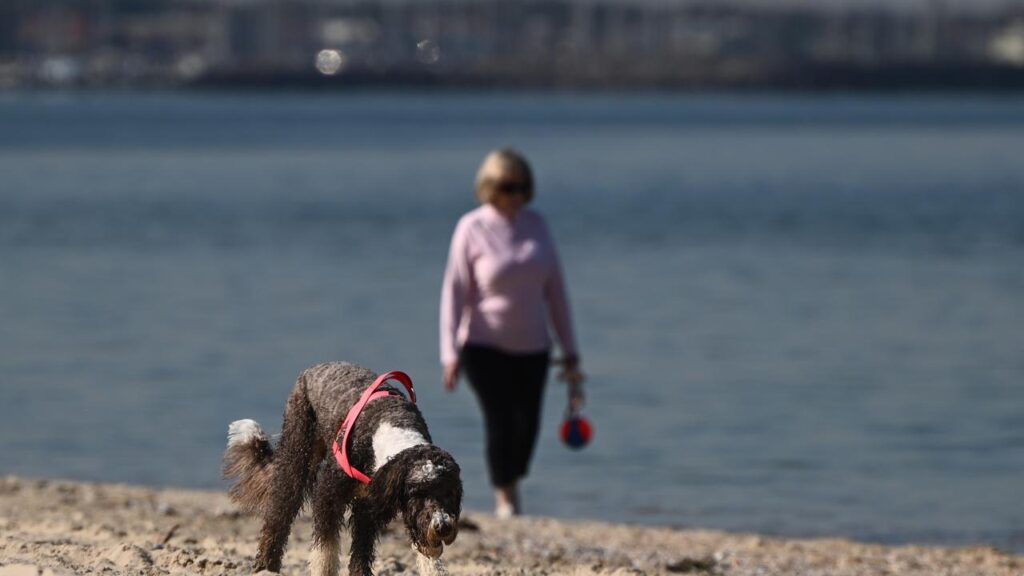Good dog, bad dog: beloved pets ruff on the environment
Farid Farid |

The environmental paw print of beloved doggos is another reason the planet is struggling with climate change, researchers have found.
But dog owners have a positive role to play in keeping their pets on an ecological leash.
A peer-reviewed paper published on Thursday found the world’s most common large carnivores were doing their fair share of tearing up the natural environment.
While cats have been extensively studied as capricious culprits in the extinction of native species, Curtin University scientist Bill Bateman said pet dogs also disturb and directly harm wildlife, particularly shorebirds, even when leashed.

Dogs are most popular pet by far with around one billion worldwide including six million in Australia.
“The sheer number of pet dogs globally, combined with uninformed or lax behaviours by some owners, is driving environmental issues that we can no longer ignore,” Associate Professor Bateman said.
“As well as predatory behaviour like chasing wildlife, dogs leave scents, urine and faeces, which can disrupt animal behaviour long after the dogs have left.”
Dr Bateman and his co-author Lauren Gilson cited a study where nearly one in 10 admissions at a wildlife rehabilitation facility in Queensland were caused by dog attacks.
Most admissions were mammals and reptiles.
In Western Australia, off-leash dogs are believed to be responsible for killing chicks of the endangered fairy tern, and numerous disturbances of breeding birds by running through beach colonies.
The co-authors noted how dog waste also contributes to pollution in waterways and inhibits plant growth.

Even efforts to keep dogs healthy has an effect.
Flea and tick medications applied to a dog’s fur can wash into aquatic environments, having a toxic affect on the creatures living in them.
“Many owners simply don’t realise the environmental damage dogs can cause, from disturbing wildlife to polluting ecosystems,” Dr Bateman said.
“Others may feel their individual actions won’t make a difference, leading to a ‘tragedy of the commons’ where shared spaces like beaches and woodlands suffer cumulative degradation.”
A careful balance of reducing environmental harm and maintaining the positive role of dogs was needed, Dr Bateman said.
“Dogs are incredibly important to people’s lives,” he said.
“Their roles range from providing companionship to contributing to conservation efforts as detection dogs.”
He suggested a good first step would be banning dogs from sensitive wildlife areas to protecting vulnerable species.
The paper was published in Pacific Conservation Biology, a journal dedicated to conservation and wildlife management in the Pacific region.
AAP